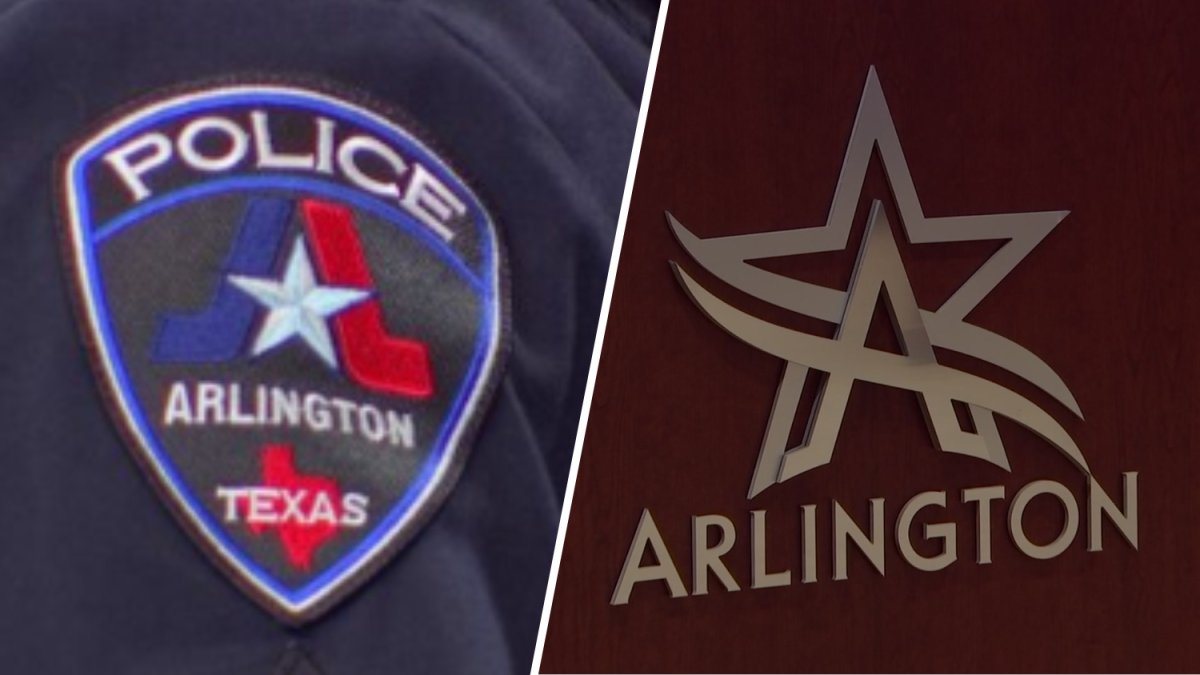Arlington police are turning to an unlikely source for help in solving decades-old murder cases: college students.
In a new course at the University of Texas at Arlington (UTA), a group of criminal justice students is working directly with Arlington police to review real cold cases, gaining early experience in searching for justice.
It’s the brainchild of UTA forensic science professor Patricia Eddings, an expert in criminal justice who previously worked in the Tarrant County Medical Examiner’s Office.
Eddings told NBC 5 that last year she attended a presentation from Arlington police about a cold case they had recently solved.
“I worked for a long time in helping police solve crimes, and that’s what I want to accomplish for my students here,” Eddings said.
She pitched the idea for a cold case course to the department, which agreed to move forward with the course.
Eddings selected 15 students who were then vetted by Arlington police before being admitted to the class. They are now reviewing evidence from multiple unsolved cases in the course, where they can’t take any evidence out of the room and are only allowed to discuss the cases in class.
“The goal is, one, to have some fresh eyes look at the case,” said Arlington Assistant Police Chief Kyle Dishko. “But the biggest part of this is to get young people interested in law enforcement.”
At the end of the semester, students will submit formal reports to Arlington detectives detailing their findings, a task similar to one they would face in their future careers in criminal justice after graduation.
“Just trying to achieve justice for people,” said Ella Morrow, a student in the class. “I think I have a calling to do that, and I feel like I’ll be good at that.”
Both the police department and Eddings say the course is more than just an academic opportunity. In reviewing real evidence, these students could also find breakthroughs that have been undiscovered for decades.
“Those cases are still out there,” Eddings said. “They still have family that want to know why their loved one died. And they don’t have that closure.”
Eddings said the course will also be offered at UTA in the spring of 2026.
